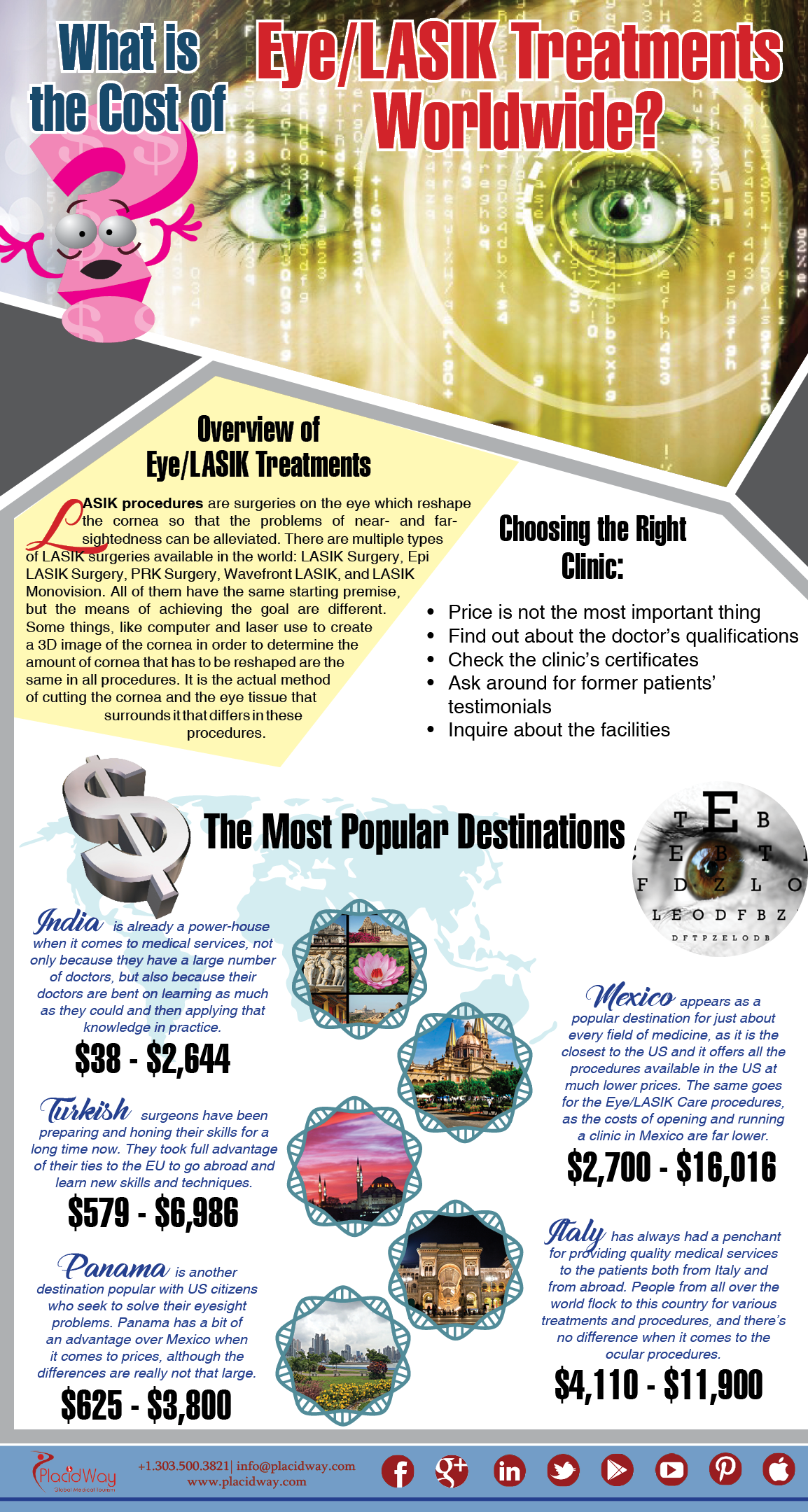Explore The Benefits Of Refractive Lens Exchange And The Hidden Realities That Your Ophthalmologist May Not Divulge-- Might This Be The Vision Service You've Been Searching For?
Explore The Benefits Of Refractive Lens Exchange And The Hidden Realities That Your Ophthalmologist May Not Divulge-- Might This Be The Vision Service You've Been Searching For?
Blog Article
Web Content By-Macdonald Schofield
Have you ever thought about Refractive Lens Exchange (RLE) as an alternative for vision improvement? While it isn't as commonly gone over as LASIK, RLE could be a game-changer for your sight. Many people neglect its benefits, assuming traditional methods are their only option. Yet what are the actual advantages, and what might your eye doctor not be telling you about this treatment? Let's explore the ins and outs of RLE together.
Comprehending Refractive Lens Exchange: The Basics
Refractive lens exchange (RLE) is a surgical procedure that can dramatically enhance your vision, specifically if you're dealing with presbyopia or serious refractive mistakes.
Throughout Recovering From Lasik Eye Surgery , your eye doctor removes your eye's all-natural lens and changes it with a man-made one tailored to your vision requires. This procedure can remedy nearsightedness, farsightedness, and astigmatism, offering you more clear vision without relying on glasses or call lenses.
The surgical treatment is usually quick, taking less than an hour, and most clients experience minimal pain. Recuperation is relatively quick, permitting you to go back to your day-to-day activities soon after.
If you're thinking about RLE, speaking with your ophthalmologist can help you determine if it's the right selection for you.
Key Differences Between RLE and Conventional Cataract Surgical Treatment
While both refractive lens exchange (RLE) and standard cataract surgical treatment include replacing the eye's all-natural lens, their key objectives and patient profiles differ dramatically.
RLE is targeted at people seeking to reduce their dependancy on glasses or call lenses due to refractive errors, usually before cataracts establish. On the other hand, conventional cataract surgical procedure normally targets clients that have actually created cataracts, which cloud the lens and impair vision.
The lenses used in RLE can supply a wider range of vision adjustment, while common cataract surgery usually includes standard monofocal lenses.
In addition, RLE candidates are usually younger and in great total health, whereas cataract patients may be older and have other wellness problems.
Picking the appropriate procedure relies on your certain vision requirements and circumstances.
Possible Benefits and Considerations of RLE
If you're thinking about refractive lens exchange (RLE), you'll discover numerous prospective advantages that may improve your lifestyle.
RLE can supply you with clearer vision, lowering or getting rid of the requirement for glasses or get in touch with lenses. It offers an opportunity to deal with presbyopia and other refractive mistakes simultaneously, commonly boosting your overall visual acuity.
In addition, RLE can be a terrific alternative if you're not a suitable prospect for LASIK. Nevertheless, it is necessary to evaluate the considerations, like the cost, potential dangers, and the recuperation duration.
Discussing your specific needs with your eye doctor can help you make a notified choice, ensuring you pick the most effective course for your vision adjustment.
Verdict
To conclude, refractive lens exchange provides a distinct remedy for vision correction that goes beyond what LASIK can provide. https://www.roadtovr.com/palmer-luckey-oculus-founder-rift-s-optimal-70-population-ipd/ to consider the benefits versus potential threats and costs before choosing. Do not wait to ask your optometrist the tough inquiries to ensure you totally understand the procedure and its effects for your vision. With the appropriate details, you can confidently select the best option for your eyes and way of living.
